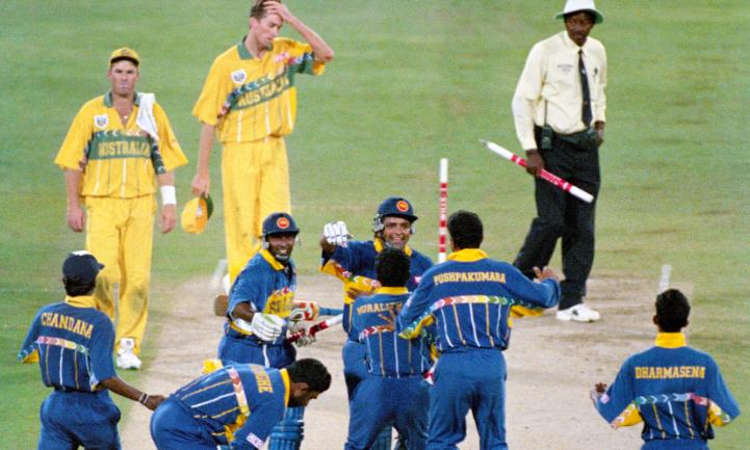Payments To Non-Residents For Income Accrued In India Liable To TDS : SC Upholds Liability Of 96 Cricket WC Governing Body
Mehal Jain
2 May 2020 11:01 AM IST

The SC held that payments made by PILCOM to foreign cricket associations were liable to tax deduction at source
Next Story


